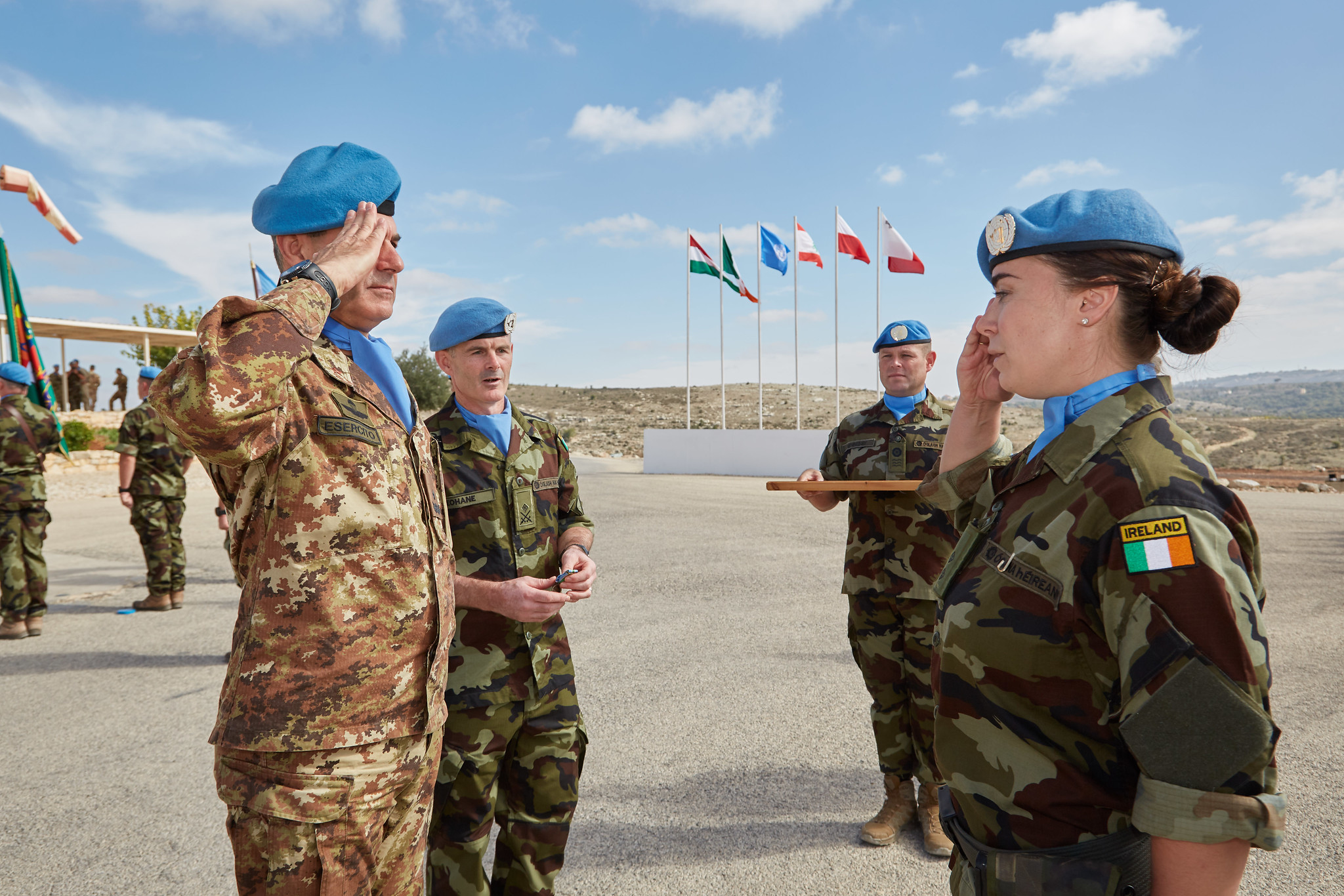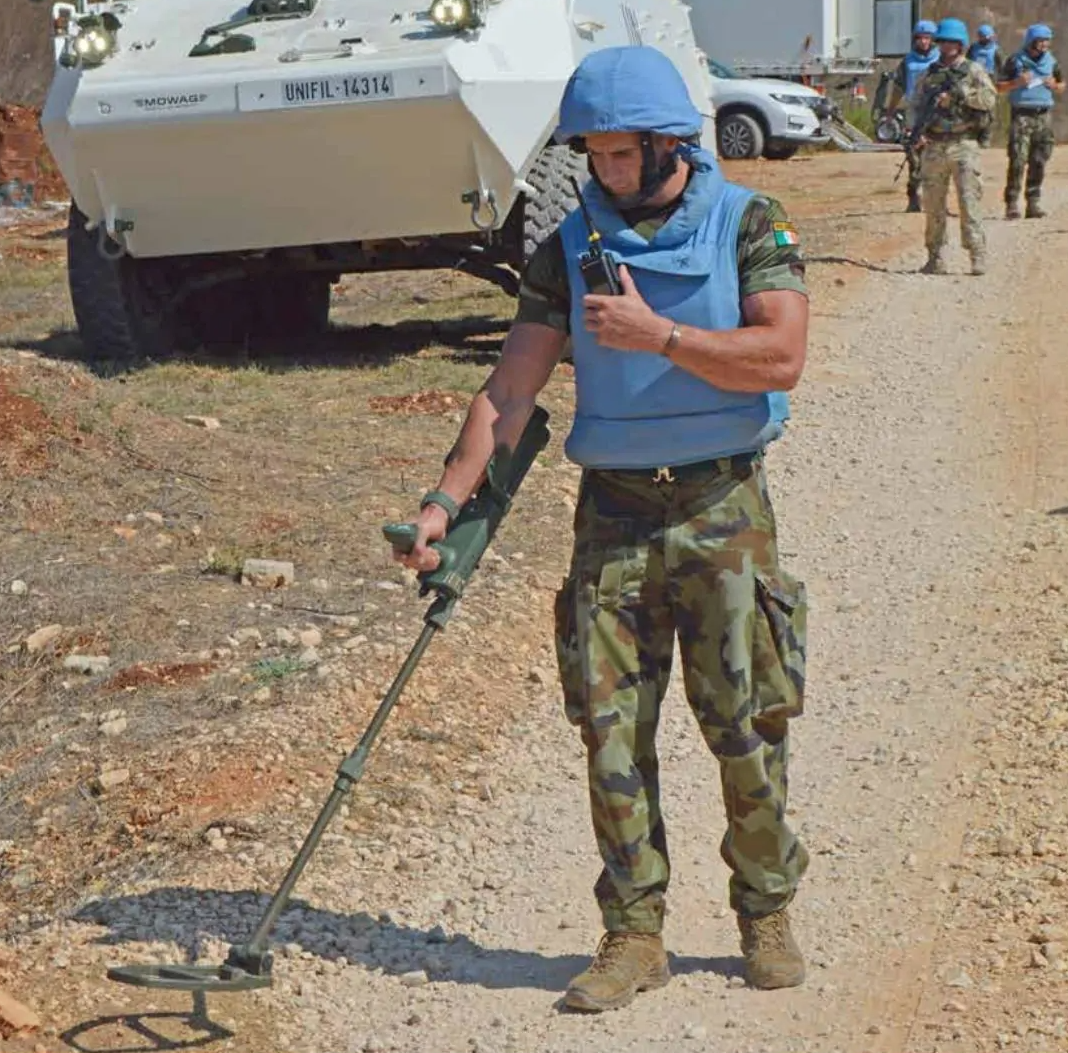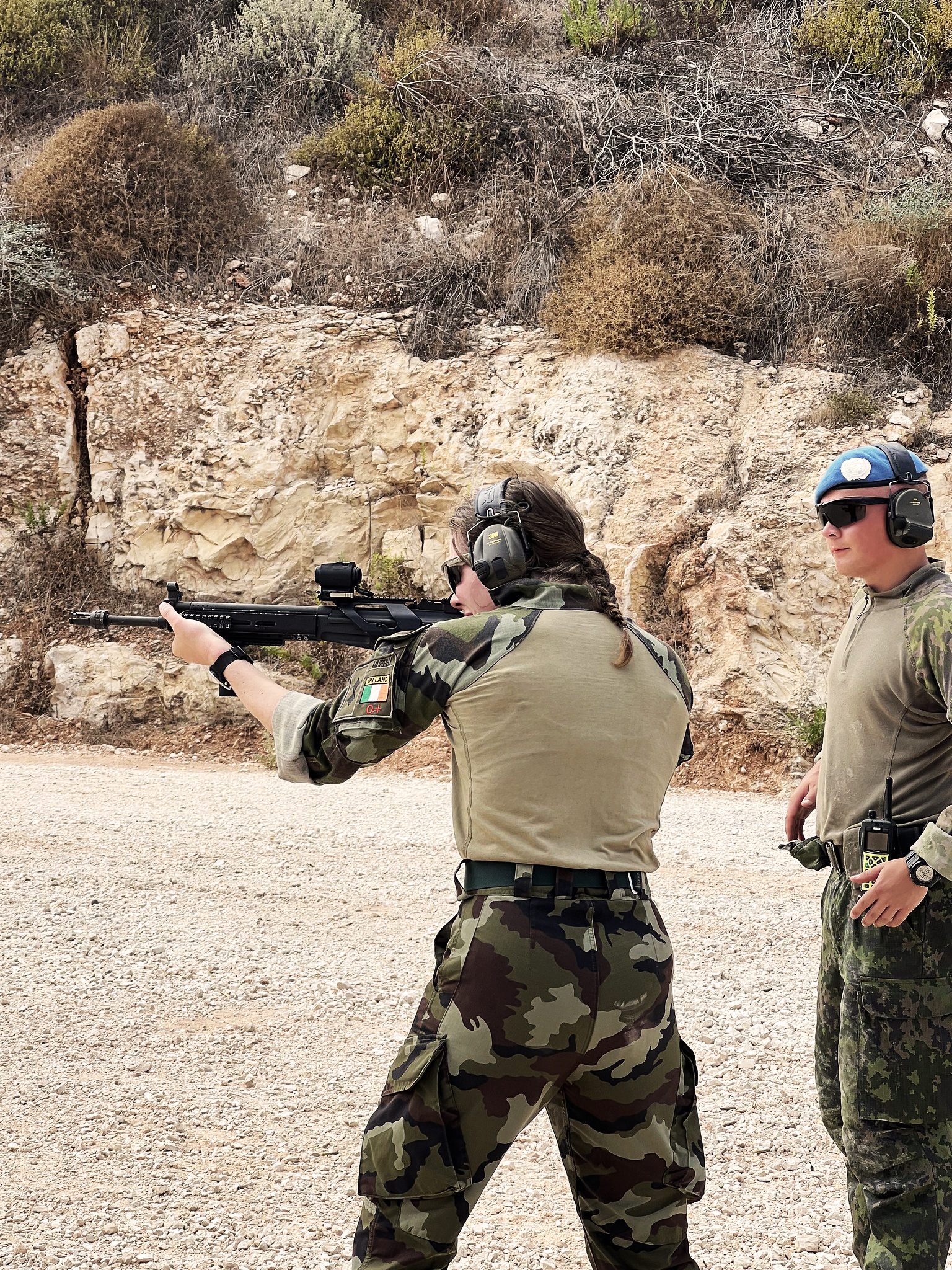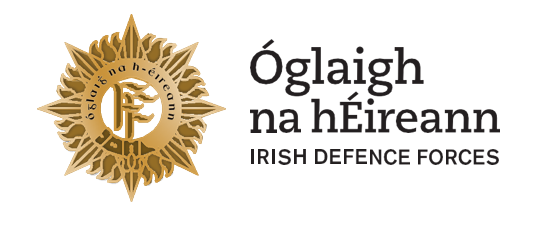- Lifestyle & Sports
- 22 Nov 24

From her current deployment in Lebanon, Captain Jane O’Neill of the Engineer Corps tells us about a remarkable, and hugely varied, career in the Irish Defence Forces.
Sometimes, new career paths present themselves when we least expect them to. For Captain Jane O’Neill, it was the economic downturn around 2008 that triggered a change – prompting her to move on from her work as an engineer in the construction industry, and enter into a world she had limited prior knowledge of: the Defence Forces.
“At the time, they were running the ‘A Life Less Ordinary’ campaign on the TV and the radio,” she recalls. “So I just said, ‘Look, I'll apply’ – and I didn’t think much more about it.
“But I got in,” she continues. “My intention was to stay for two or three years, to ride out the recession, and then go back to engineering for the contractors. But I found that I really liked what I was doing – and 15 years later, I'm still here…”
After joining the Army as an Officer Cadet, and completing her training, Jane began exploring a career in the Engineer Corps – which is responsible for ensuring that the Defence Forces can manoeuvre and operate wherever troops may be deployed.
Jane’s work has taken her across the world – including Lebanon, where she’s currently deployed. Given the “heavy kinetic activity” there at the time of our conversation, she tells me that she’s been kept extremely busy during this latest deployment – but, from an engineering perspective, it’s been “very rewarding”.

“We’ve got to do a lot of combat engineering and a lot of problem-solving, which makes the job very worthwhile,” she tells me. “Just a couple of weeks ago, I was the commander over the recent Engineer Specialist Search & Clearance operation – which basically cleared a route out to our Blue Line post. They had been cut off for about three weeks. We cleared through a lot of rubble and debris, and there was a high risk of unexploded ordnance and IEDs (Improvised Explosive Devices).
“But we managed to be successful,” she adds. “That was probably the most memorable experience in the last few weeks. Engineer Specialist Search & Clearance is used a lot now to open up routes for patrols, and clear routes following kinetic activity – to make sure they’re clear of any threats to the force out here. So it’s been really busy, but the weeks are flying.”
There’s also other responsibilities for engineers deployed overseas, including the day-to-day running of the camps.
“The bulk water will come in, and we have water purification plants – so we’ll treat it, chlorinate it and distribute it,” she says. “The same with power. We maintain the generators for the power across the camps. And, if anything’s broken, all the engineers here are tradesmen, so they'll fix it.”
This is her third overseas deployment as part of UN peacekeeping missions – having been to Lebanon once before, as well as Syria. She’s also travelled to Gaziantep in Turkey with the Rapid Response Corps, and has done international courses in the UK, Germany and Bulgaria, in addition to training and search exercises in Austria and Cyprus.
For Jane, it’s the variety of the work that makes a career in the Engineer Corps so special.
“In the 15 years I’ve been in the Defence Forces, I’ve had a whole series of appointments,” she reflects. “I started off in engineering, design and project management. Then we got to learn all about combat engineering, and the special search and clearance side of things. You can also do bridging and heavy demolitions in the Engineer Corps.”

She was also previously stationed at the Air Corps' base, at Casement Aerodrome in Dublin.
“While I was based there, I was over the Air Corps Fire Service, so I got to do a lot of really good aviation firefighting courses over in the UK with that. Since then, I've been an instructor on quite a few firefighting courses, and also combat engineering courses.
“When I’m home from overseas, I’ll be back at my current HQ appointment, in the Directorate of Engineering, where I’m over range development,” she continues. “And I’m the Defence Forces Fire Officer as well. So it's never really your standard nine to five!”
She feels that the diverse array of career options in the Defence Forces isn’t always fully understood by the general public.
“Some people think we’re all infantry soldiers,” she says. “We all do the same basic training to begin with – where you go in as Recruit Training, or Officer Cadet Training – but then you split away, and there’s lots of different career paths you can take.
“In the Corps of Engineers, people can go in and do trades – they can be plumbers, carpenters, electricians, or construction plant fitters,” she adds. “Or you can go down the catering route, and be trained as a cook. Or the communications route. Cybersecurity is another big one at the moment. And there’s also logistics, Medical Corps, vehicle mechanics, and transport. The Defence Forces will provide all the specialist training you need, to follow the career path you’ve chosen. I don’t think that’s commonly known.”

When Jane joined the Army, she had already graduated from Trinity College Dublin, with a Masters in Engineering. But the Defence Forces have continued to support her development in various ways over the years.
“Throughout my career, to progress up along the ranks, I’ve done a series of training and leadership courses affiliated with Maynooth University,” she explains. “And there are really good opportunities with the Corps of Engineers – I got to do two Level 9s, all paid for by the Army. One was in Building Information Modelling & Management in Technological University Dublin. And just last year I did one in Trinity, in Fire Safety Engineering.
“There’s lots of options there to keep progressing, and keep enhancing your career,” she continues. “Through the Corps of Engineers, you become a Chartered Engineer with Engineers Ireland – and they also pay your membership every year. They also try to get your CPD (Continuing Professional Development) hours up, through seminars. They take it quite seriously, keeping up with professional standards.”
She also feels that the long-prevailing image of the Army as a male-dominated institution is “in the process of changing”.
“They’re getting a good uptake in female officers coming in,” she says. “But having come from the construction industry, I actually think there are more women in the Army than there were on building sites!”
She’s also found that strong friendships are formed in the Defence Forces – whether through day-to-day work, overseas deployments, or sporting activities.
“Sport is massive in the Defence Forces,” she notes. “I play with their rugby team and I'm also involved with the dive group. They’ll support you to do all those adventure-type sports, because that’s seen as part of your work – which is great.
“When we've got a job to do, we’ll get down to it, and do it really professionally,” she adds. “But there's good fun to be had, and you do have the craic with people when you’re over here. When you're all going through something similar together, you form good bonds and friendships.”
For further information on the various career options offered by the Irish Defence Forces, visit www.military.ie











